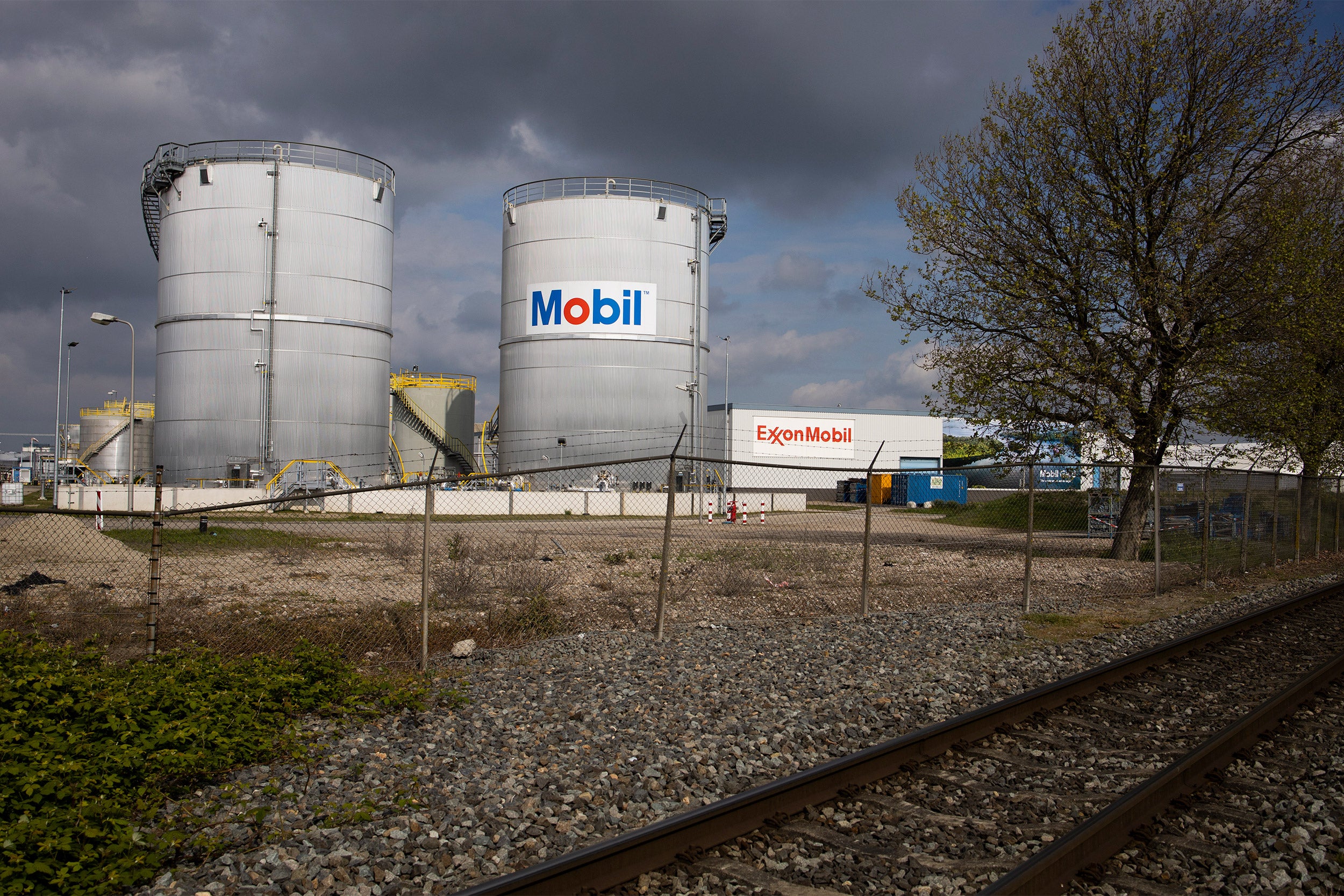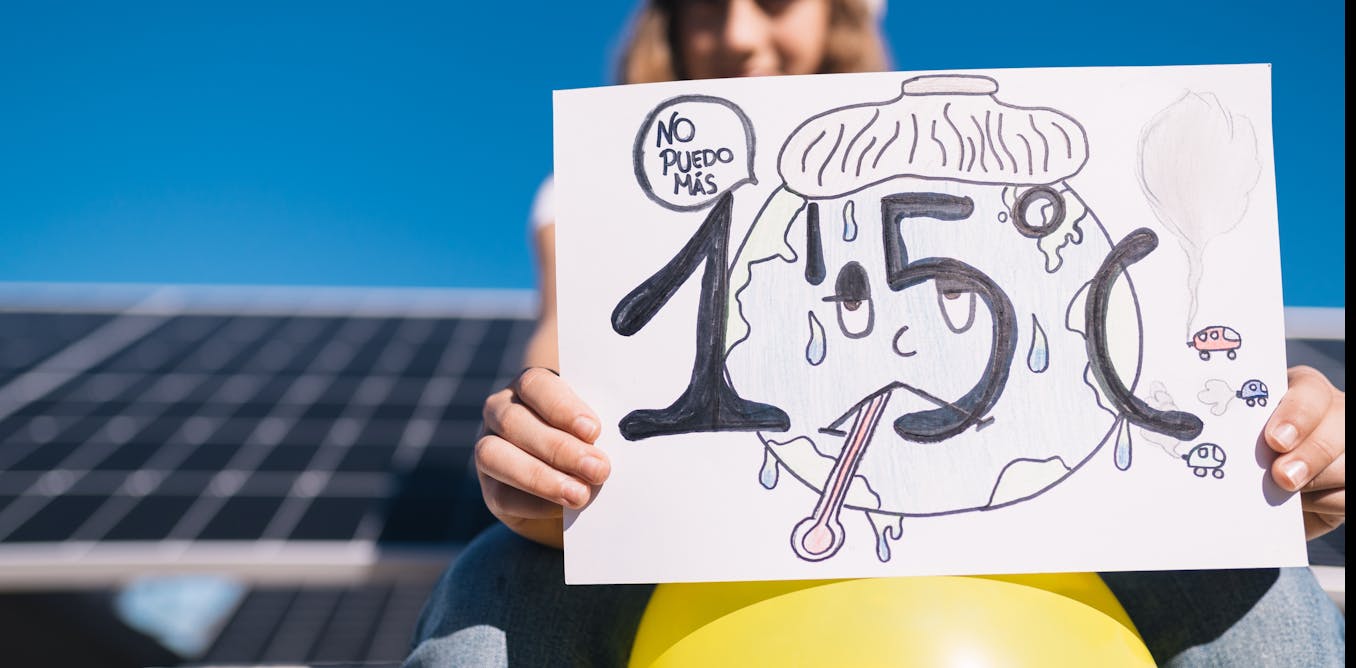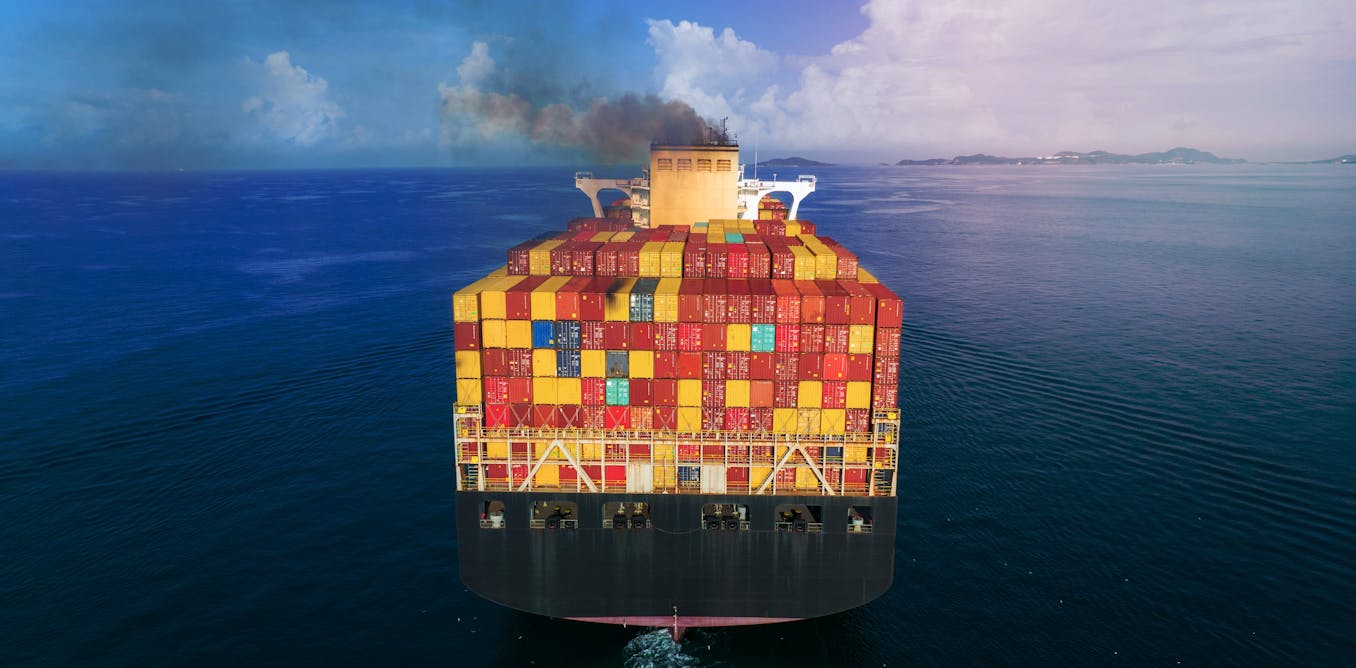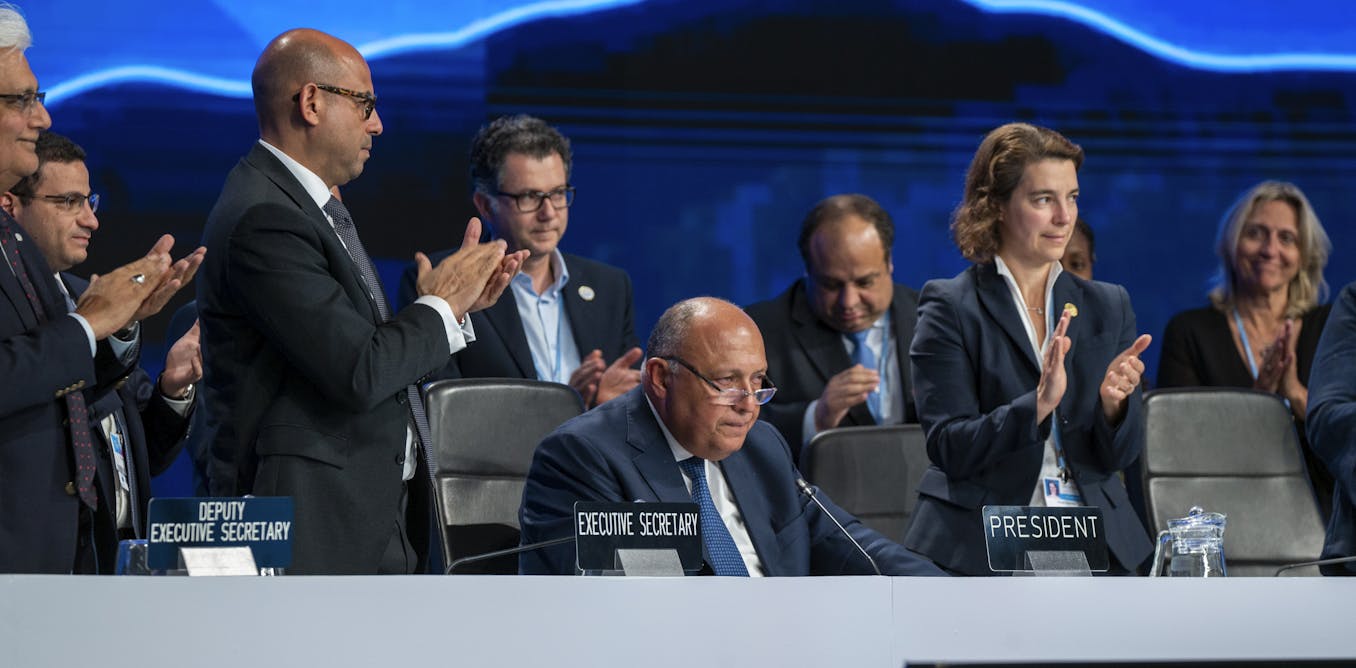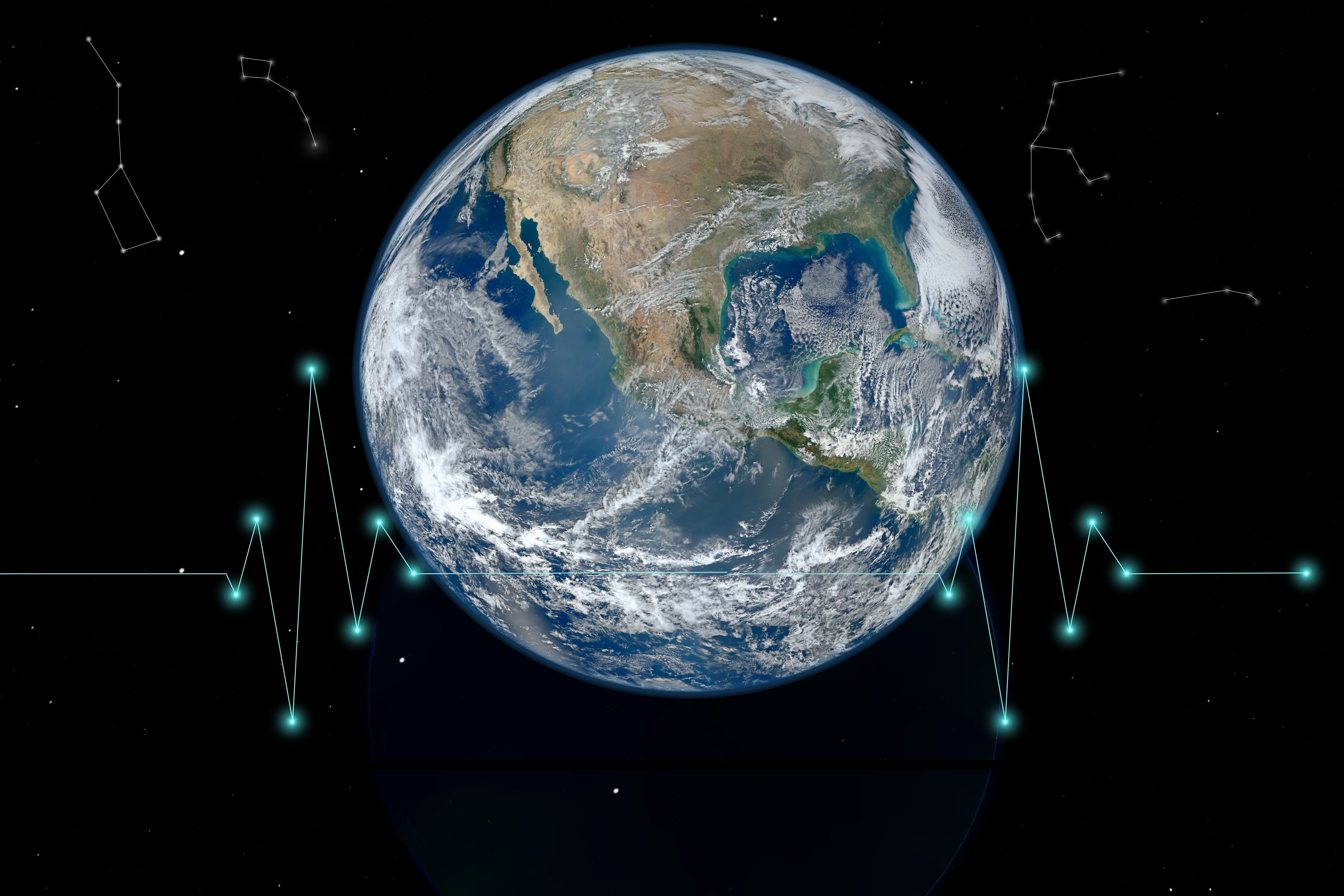The future of flight in a net-zero-carbon world: 9 scenarios, lots of sustainable biofuel
Airlines are promising net-zero emissions by 2050. To get there, they’re experimenting with used cooking oil, ag waste and corn ethanol in their fuel tanks. But that alone won’t be enough.
Feb. 6, 2023 • ~9 min



